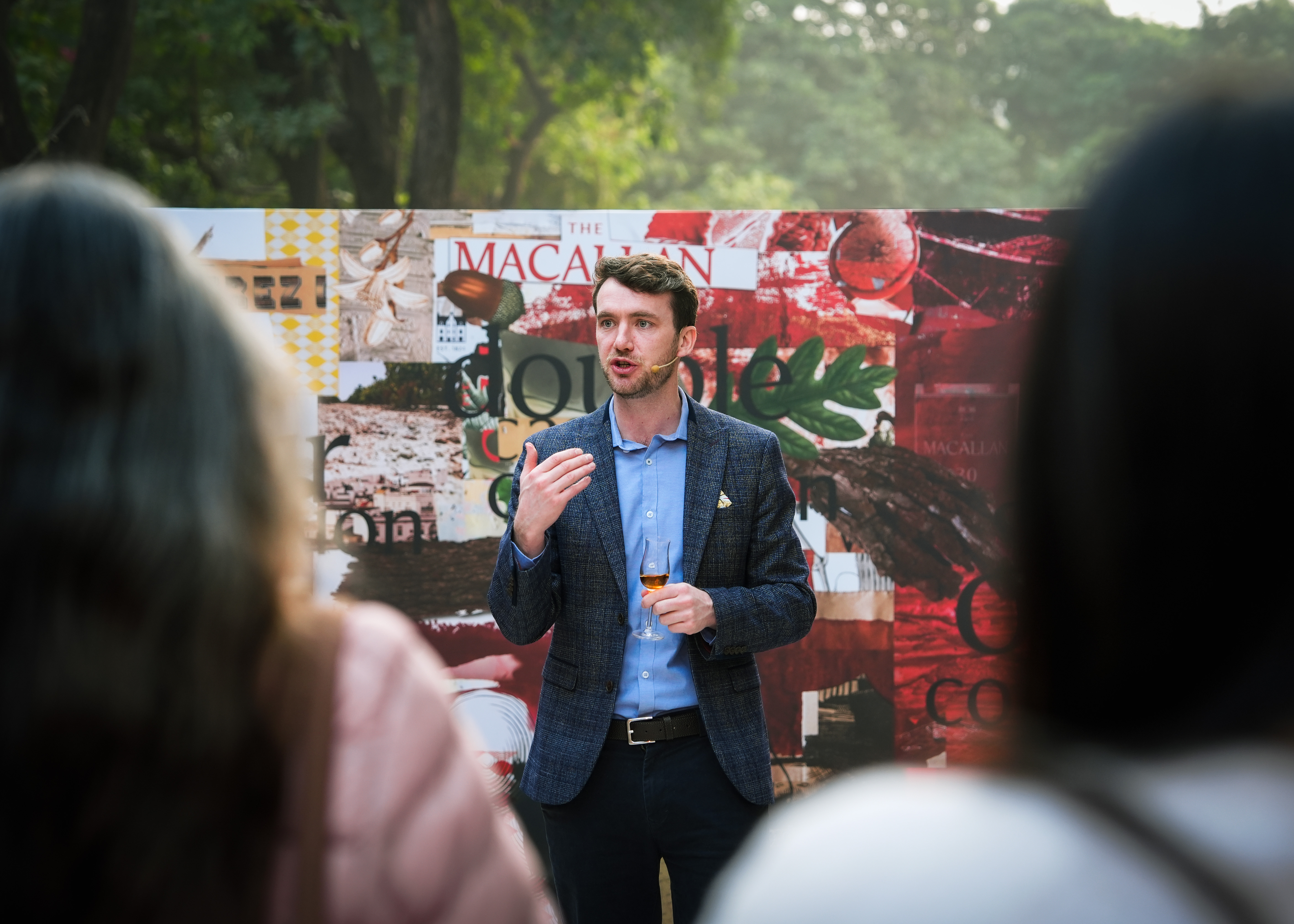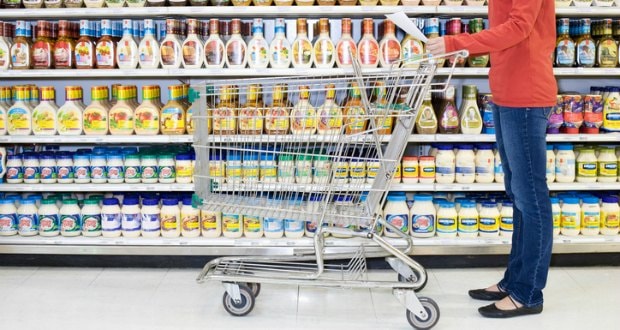It recently teamed up with five supermarket chains -- Auchan, Carrefour, E. Leclerc, Intermarche and Systeme U -- to experiment in 10 stores. The result: "With often simple actions that cost little it is possible to cut food waste by 22 percent in three months across the stores," said ADEME. If adopted across the country, "the measures would save 300,000 tonnes of food per year and more than 700 million euros ($745 million) per year", it said.
In the northwestern town of Boulogne-sur-Mer, Auchan hired two people to sell delicate fruit such as peaches, which often get bruised by being handled too much by customers and staff as well as overstacked on displays. "Over two months we made 15,000 euros in savings," said the store manager, Frederic Vaccaro, at a recent news conference presenting the results of the experiments.
By adjusting the grocery selection and selling some products, like pies, by the piece, his store made 220,000 in annual savings. "The effort is worth the money," said Vaccaro.
- 'Considerable impact' -
The changes made in the 10 supermarkets resulted in saving the equivalent of 160 tonnes of food per year, or some 320,000 meals."For each store, that represented a savings of 70,000 per year on average," said ADEME, adding that food waste usually costs supermarkets some 400,000 euros per year on average. ADEME calculated that would boost a supermarket's grocery sales by an average of 0.9 percent. In a business known for razor-thin margins, this would "have a considerable impact on the net margin of stores, that is to say their profits", said the agency.
One of the major problems that ADEME identified was supply management. In certain supermarkets, it found over-ordering resulted in less than one percent of products causing 20 percent of food waste by value. Another was products were being damaged by being handled too much, and employees weren't being trained to focus on avoiding waste.
ADEME has put up a list of recommended measures for supermarkets to adopt, like reducing the number of products on shelves and appointing a staff member to be responsible for reducing food waste. Alain Vallee, head of the Systeme U supermarket in the western town of Mayenne, expanded the stores practice of discounting products that are damaged or close to their sell-by date. Fruit and vegetables that are slightly bruised are sold at discounts of up to 30 percent, and all discounted food is now in a central location. The result: 90 to 95 percent of such goods are sold, compared to 27 percent when left in their respective department.
Vallee said he cut food waste by nearly a third in his store, generating 96,000 euros in savings. While ADEME is encouraging a bit of flexibility, food inspectors are not always on board. "I want to offer slightly damaged products, but when there are inspections we get rapped on the knuckles," said Vallee. ADEME intends to launch studies next into how food waste can be reduced on farms and in food processors.
© 1994-2016 Agence France-Presse





